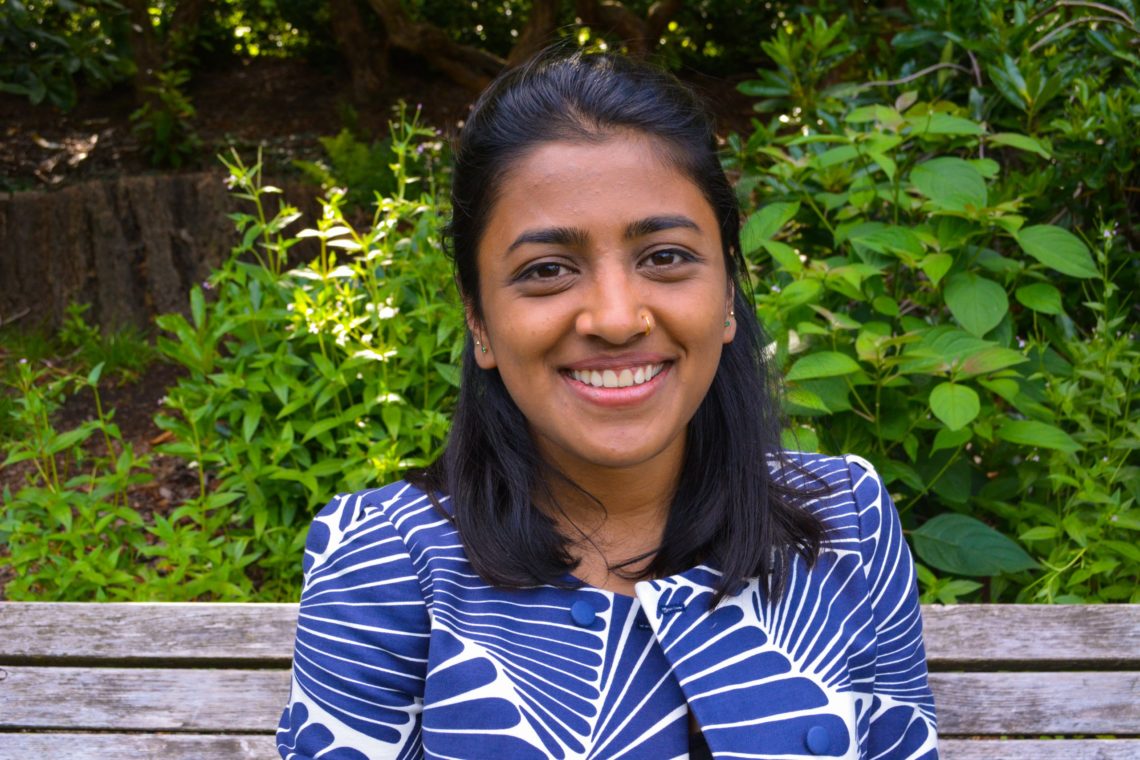 How did you choose Lewis & Clark Law School for your legal education?
How did you choose Lewis & Clark Law School for your legal education?
I had been working for Sierra Club Environmental Law Program for just under a year when I paused and realized I had found a niche of environmental advocacy that centered justice, achieved the same results as organizing and activism, and was a career that I could sustain throughout my life without burning out: environmental law. Specifically, I was working as a research analyst for Sierra Club’s Beyond Coal campaign at the time, and had learned an incredible amount about the legal and regulatory mechanisms of energy and electricity in the US, as well as how powerful litigation is as a tool for environmental advocacy in that short year. In 2018-19, we (attorneys, campaign and community organizers, Sierra Club members and other members of the public) secured the retirement of the Rockport coal-fired power in Indiana, and that is when I decided to build a career in law focused on just and sustainable decarbonization.
Lewis & Clark Law School was one of four schools I shortlisted based on its strong environment and energy law programs, and I finally made the decision to come here because of the incredible opportunities I would have through NEDC, EarthRise, Environmental Law Moot Court, SEED, Environmental Law Review, and other similar public interest-focused avenues.
What did you end up working on over the summer as NEDC’s law clerk?
I spent the first few weeks of the summer working on a couple different projects, one of which was analyzing violations of industrial stormwater permits by many facilities in Oregon. I also studied U.S. EPA’s COVID policy temporarily providing leniency for polluters not complying with state and federal emission standards, and the subsequent implementation of that policy in Oregon. I also did a study of the Ninth Circuit Volkswagen litigation about the use of aftermarket automotive defeat devices to circumvent emission standards, and that project is still ongoing.
Just as the summer was wrapping up, I worked on identifying a few angles for bringing viable environmental enforcement actions related to the use of tear gas. Finally, I became the Co-Chair for NEDC’s DEI committee this summer, and have been working to implement some of the changes you’ll read about in the DEI article on our website!
Communication with friends and colleagues virtually rather than in-person during the pandemic has been:
A more concerted effort, but more intentional and therefore more meaningful.
I love old Hindi songs because:
It is the music I grew up listening to and I have very fond memories of spontaneously breaking into a duet with my father whenever one of our favorite songs came on the radio.
I draw inspiration from:
People that identify injustices and structural inequities in their environment, propose creative and lasting solutions to fix them, and then put in the work to implement those solutions. This holds true across all facets of my life: professional, personal, academic, spiritual, etc.


